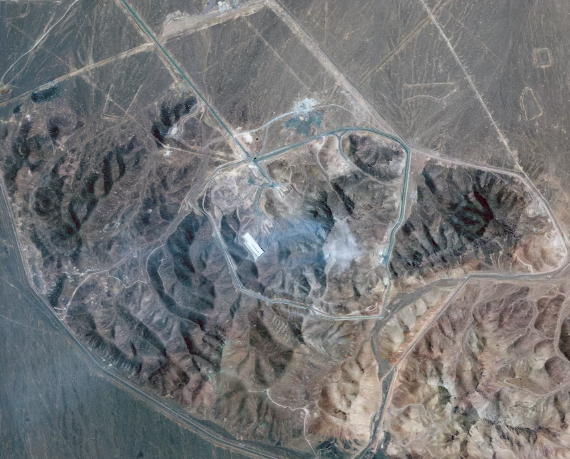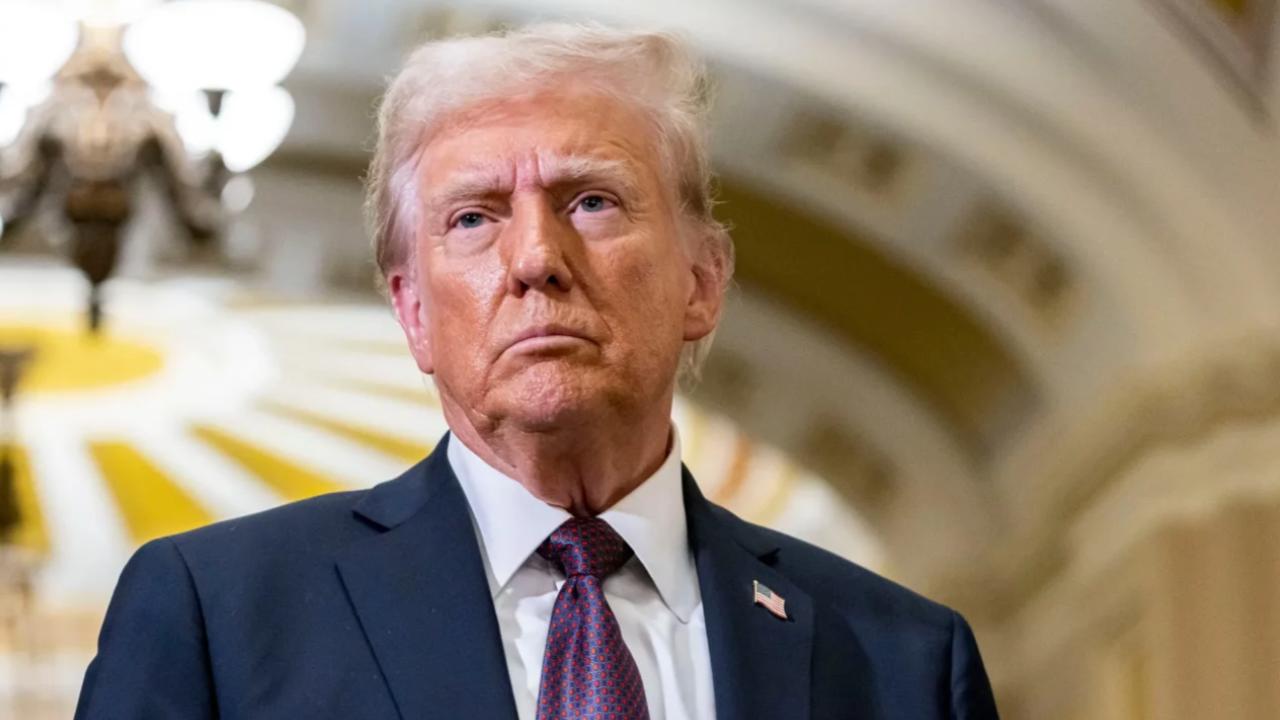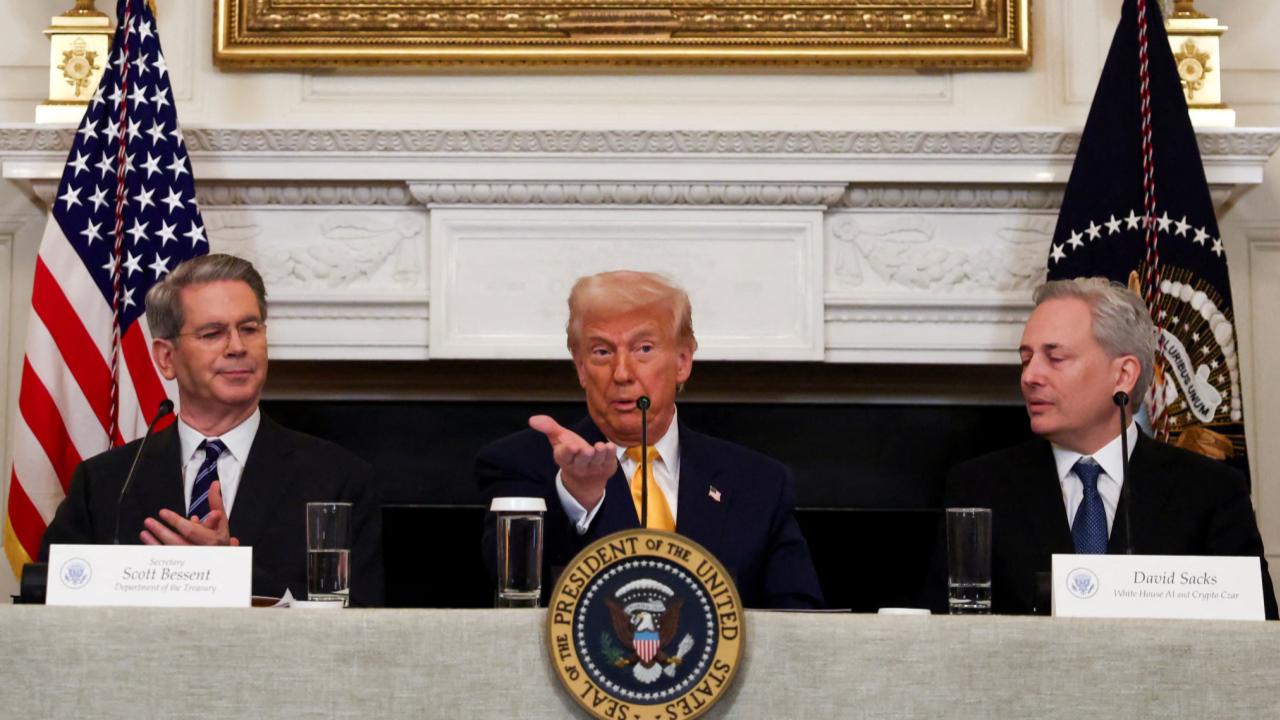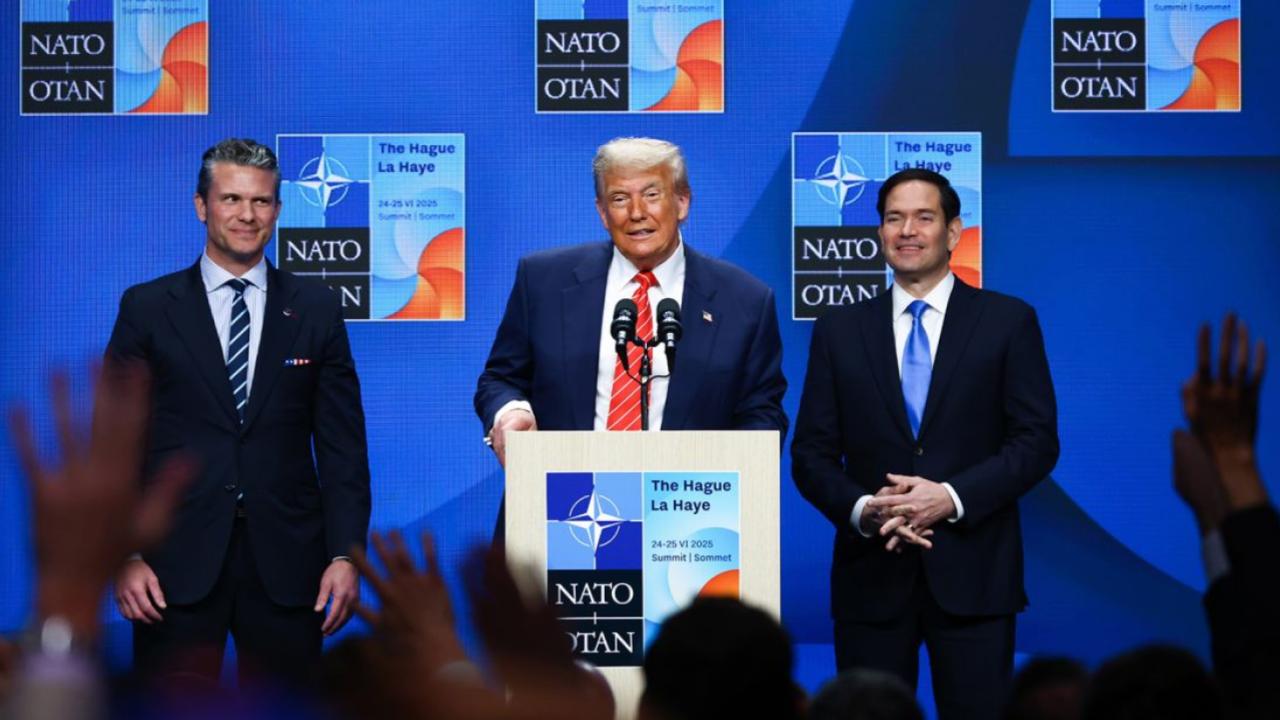In recent months, escalating tensions between the U.S. and Iran have led to fears of military conflict in the Middle East. A potential strike by Iran against U.S. interests could not only destabilize the region but also send shockwaves through the global economy. In this article, we explore the high stakes of these tensions and examine the difficult choices facing the White House. If Iran follows through with its threats, the consequences may go beyond geopolitical conflict, potentially affecting everything from gas prices to international trade, and challenging U.S. economic stability like never before.

Iran Strike Threatens U.S. Economy
| Insight | Stat |
|---|---|
| The U.S. economy’s sensitivity to oil prices | A 10% increase in oil prices can reduce U.S. GDP by 0.2% |
| Economic damage from Middle East conflict | Global oil supply disruption could cost $2 trillion in GDP loss |
| Impact on the stock market | Military conflict in the Middle East typically triggers a 5-10% market downturn |
The Rising Threat: Iran’s Military Moves
The threat of an Iranian military strike is not a new development, but recent provocations have raised alarm bells. For years, Iran has used asymmetric tactics—proxy forces, cyberattacks, and occasional missile strikes—against American and allied interests. However, recent reports suggest that Iran may be preparing for more direct military action. The U.S. government has stated that such an attack could be met with force, raising the stakes for the region and beyond.
Iran’s growing military capabilities, including advanced missile systems and an expanding drone fleet, have added a layer of unpredictability. While Iran’s Supreme Leader has emphasized defense over offense, the possibility of a strike on U.S. military assets, allies, or oil infrastructure cannot be dismissed. The key question, however, is: What will the consequences be for the global economy, and how will the White House navigate this increasingly perilous situation?
The Economic Fallout: How a Strike Could Harm the U.S.
A military confrontation with Iran would have immediate and far-reaching effects on the U.S. economy. Perhaps the most significant consequence would be the disruption of oil supplies from the Persian Gulf. The region is home to one of the world’s busiest and most strategic shipping lanes—through which much of the globe’s oil passes. According to the U.S. Energy Information Administration, about 20% of the world’s oil moves through the Strait of Hormuz. A strike by Iran on this critical chokepoint could send oil prices soaring, affecting everything from transportation costs to household budgets.
Beyond oil prices, there are ripple effects that could jeopardize broader economic growth. In the event of a sustained military conflict, global markets are likely to experience volatility. The U.S. stock market could face significant declines, particularly in sectors heavily exposed to energy prices, like transportation and manufacturing. For example, in previous Middle East-related crises, the stock market dropped between 5% and 10%, depending on the scale of the conflict.
The White House’s Dilemma: National Security vs. Economic Stability
The White House faces an incredibly difficult decision when it comes to responding to Iran’s military threats. On the one hand, the U.S. cannot afford to allow any hostile actions against its interests or allies to go unchallenged. A military response may be necessary to maintain national security, uphold U.S. credibility, and deter further aggression. On the other hand, the economic repercussions of a military strike could be catastrophic. With the global economy still recovering from the COVID-19 pandemic and facing the pressures of inflation, another conflict could derail these efforts.
One critical decision the White House must weigh is the choice between escalating the conflict or de-escalating to avoid broader economic fallout. If tensions continue to rise, U.S. economic policy—especially in regard to energy—could be put to the test. If oil prices surge, the U.S. Federal Reserve could be forced to reconsider its monetary policy stance, potentially halting efforts to combat inflation with interest rate hikes.

The Role of International Allies: A Global Response
The U.S. is not alone in dealing with Iran. Its NATO allies and partners in the Middle East—most notably Israel and Saudi Arabia—will play crucial roles in shaping any potential response. Israel, in particular, has long viewed Iran as a significant threat to its security. A coordinated military action involving NATO allies may ease the pressure on the U.S., but it could also escalate the conflict beyond the region. Saudi Arabia, as a key oil producer, also has a vested interest in the security of the region’s oil infrastructure. However, any attack on Iranian assets by Western forces could provoke a strong retaliatory strike, which could deepen the conflict.
Another complicating factor is the presence of Russian and Chinese interests in the region. Both countries have strong ties to Iran, and their involvement could further complicate the situation. A globalized response—where the U.S. can count on the support of its European and Middle Eastern allies—could help mitigate economic consequences. However, the more factions that get involved, the greater the risk of sparking a larger regional war.
The Potential Impact on Consumers: How Americans Feel the Pinch
Americans may see the effects of a U.S.-Iran conflict in several tangible ways. First, gas prices are likely to rise, which would directly impact consumers, especially as the summer driving season approaches. The surge in prices could lead to increased costs for everything from food to airline tickets, as industries reliant on oil—such as agriculture and logistics—face higher expenses.
Second, the cost of everyday goods could increase due to disruptions in global supply chains. A military strike would disrupt shipping routes, including the vital passage of oil and other goods through the Strait of Hormuz. Companies would face higher transportation costs, and these expenses could be passed down to consumers in the form of higher prices.
Additionally, stock market volatility would likely impact retirement savings and investments. For many Americans, the fallout from a potential conflict would reach beyond just daily expenses, potentially affecting long-term financial planning. The U.S. government may face increasing pressure from both consumers and investors to ensure that economic stability is maintained even as national security interests are prioritized.
The Path Forward: Diplomacy or Conflict?
Given the gravity of the situation, it is crucial that diplomacy continues to play a role in de-escalating tensions with Iran. While military deterrence is an essential tool, diplomatic channels must remain open to avoid a full-blown conflict. The Biden administration has taken steps to engage in dialogue with Iran through the Joint Comprehensive Plan of Action (JCPOA), commonly known as the Iran nuclear deal, though these negotiations have faced numerous challenges.
For now, the White House must balance national security priorities with the need to protect economic stability. Should the U.S. opt for military action, it will be a decision that reverberates across the globe, reshaping the course of U.S. foreign policy for years to come. If diplomatic efforts succeed, it could prevent a disastrous conflict, but with tensions at an all-time high, no option comes without significant risks.
FAQs
How would a strike on Iran affect the U.S. economy?
A strike could disrupt global oil supplies, driving up prices and potentially causing a significant economic downturn. The stock market would likely experience volatility, and everyday costs, from gas to goods, could increase sharply.
What’s the U.S. response to Iran’s military threats?
The U.S. has warned of a strong military response to any Iranian provocation. However, the government must also consider the economic impact of escalating tensions, particularly in the oil market.
Why is the U.S. so concerned about oil in the Middle East?
The Middle East, particularly the Strait of Hormuz, is a vital passage for global oil shipments. Any disruption to this flow can cause significant price increases, affecting the global economy, including the U.S.






